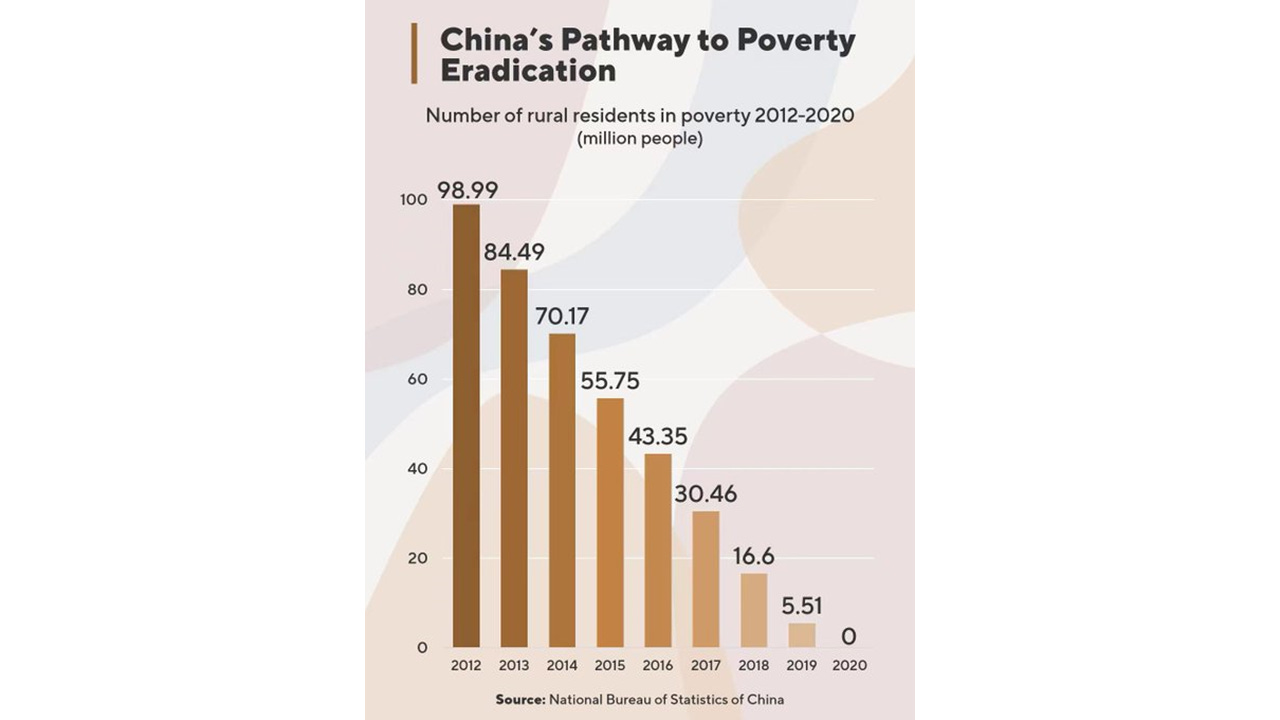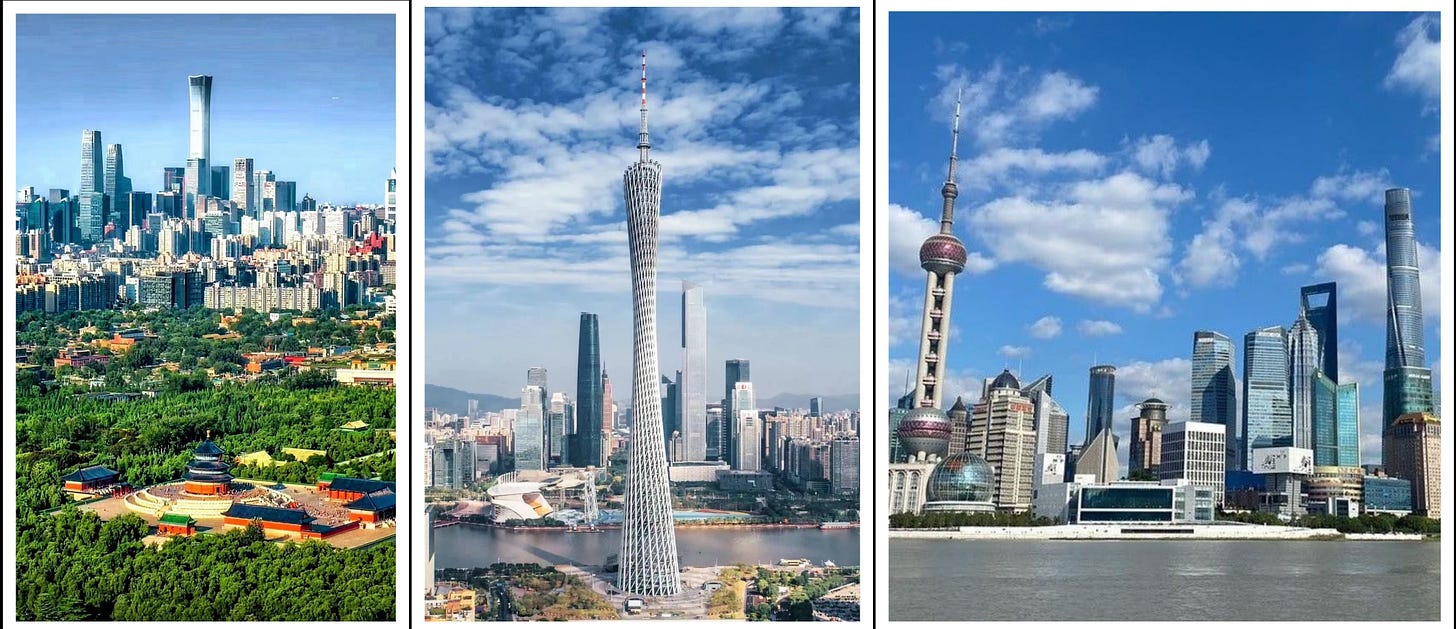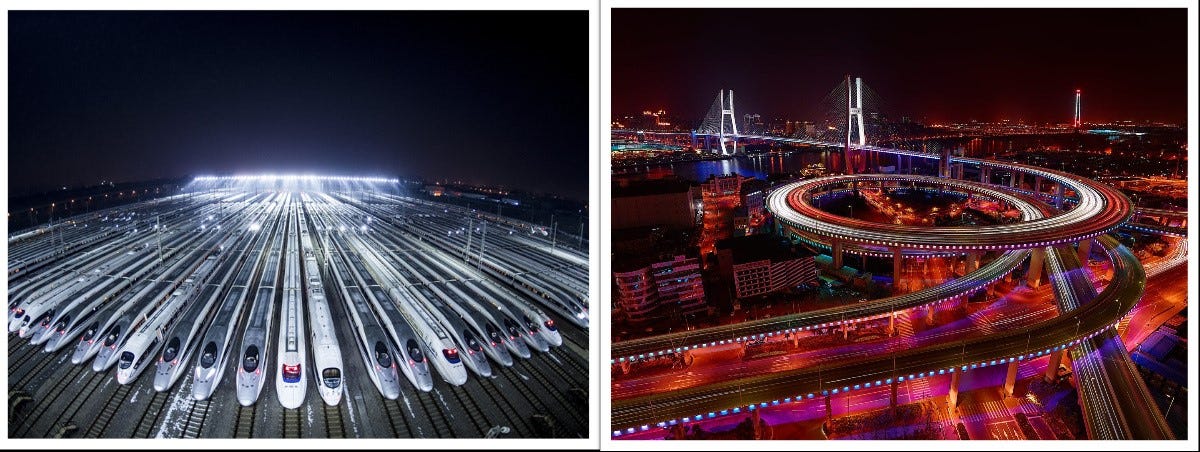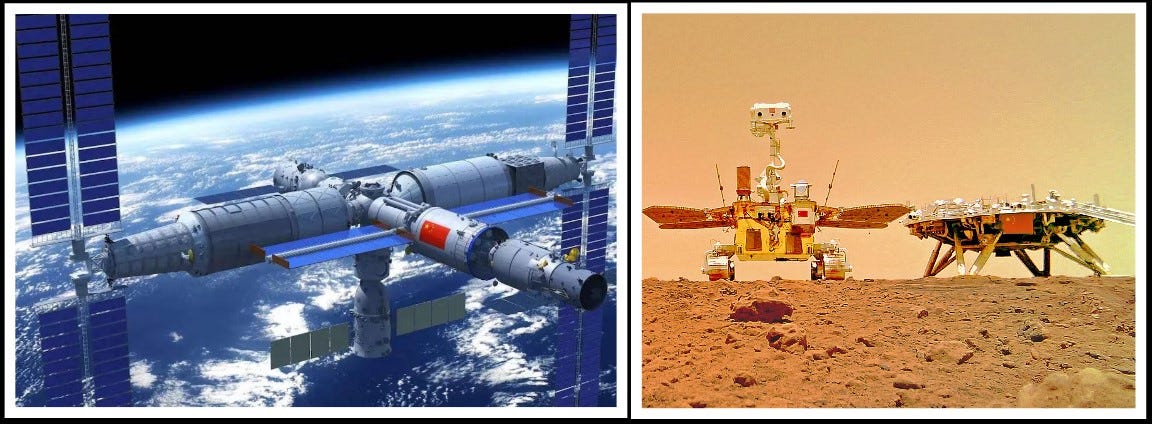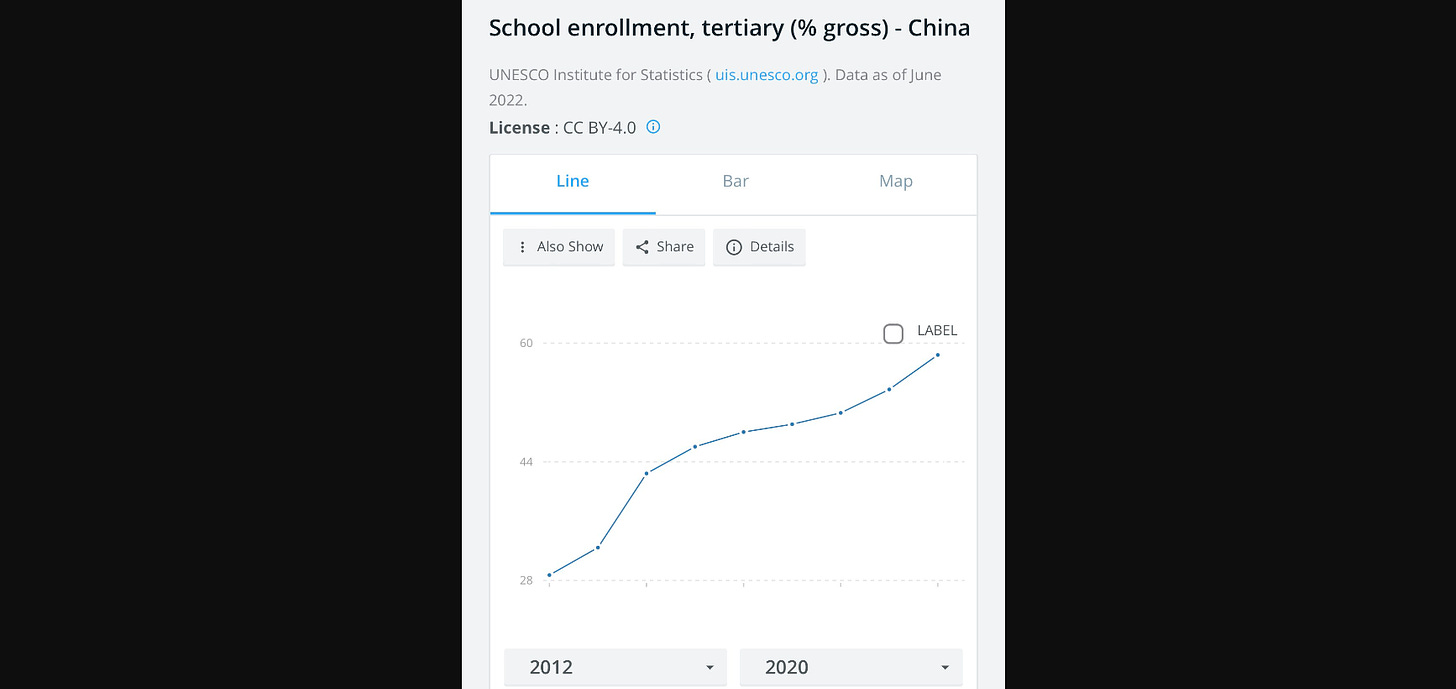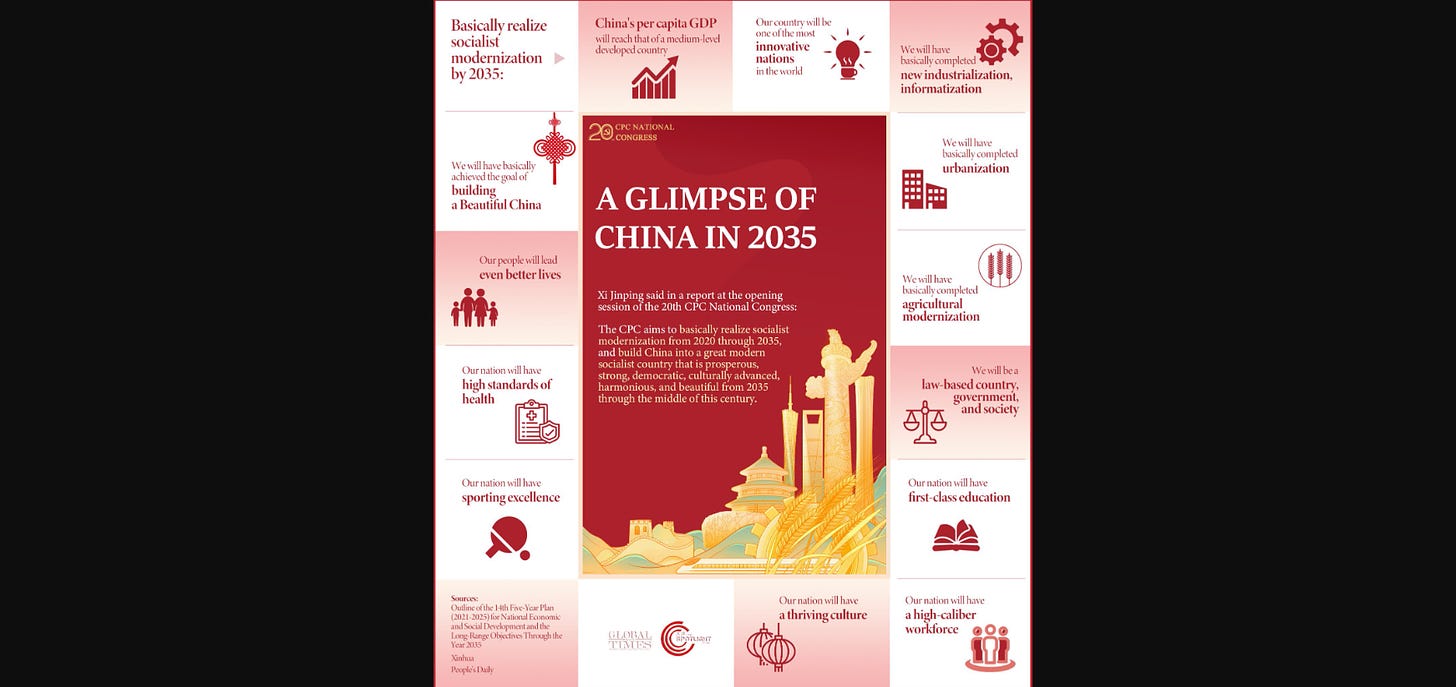China's Performance in the Last Decade
https://slkanthan.substack.com/p/chinas-performance-in-the-last-decade
Analyzing Xi Jinping's Top 10 achievements since 2012
SL KANTHAN OCT 23, 2022 @SLKANTHAN
Western media is universally negative about Xi Jinping — not even close to being objective. Looking at the last decade, here are China’s top 10 tangible and substantive achievements during Xi Jinping’s administration so far. Of course, nobody is perfect and I will discuss some of the mistakes at the end.
GDP — More than Doubled
China’s GDP more than doubled (from $8.53 trillion in 2012 to $17.7 trillion in 2021). Not an easy job to grow such a large economy. Even India’s GDP grew only 77% during that time. Also, the benefits were quite well distributed, since the disposable income of the average Chinese person also doubled during this time.
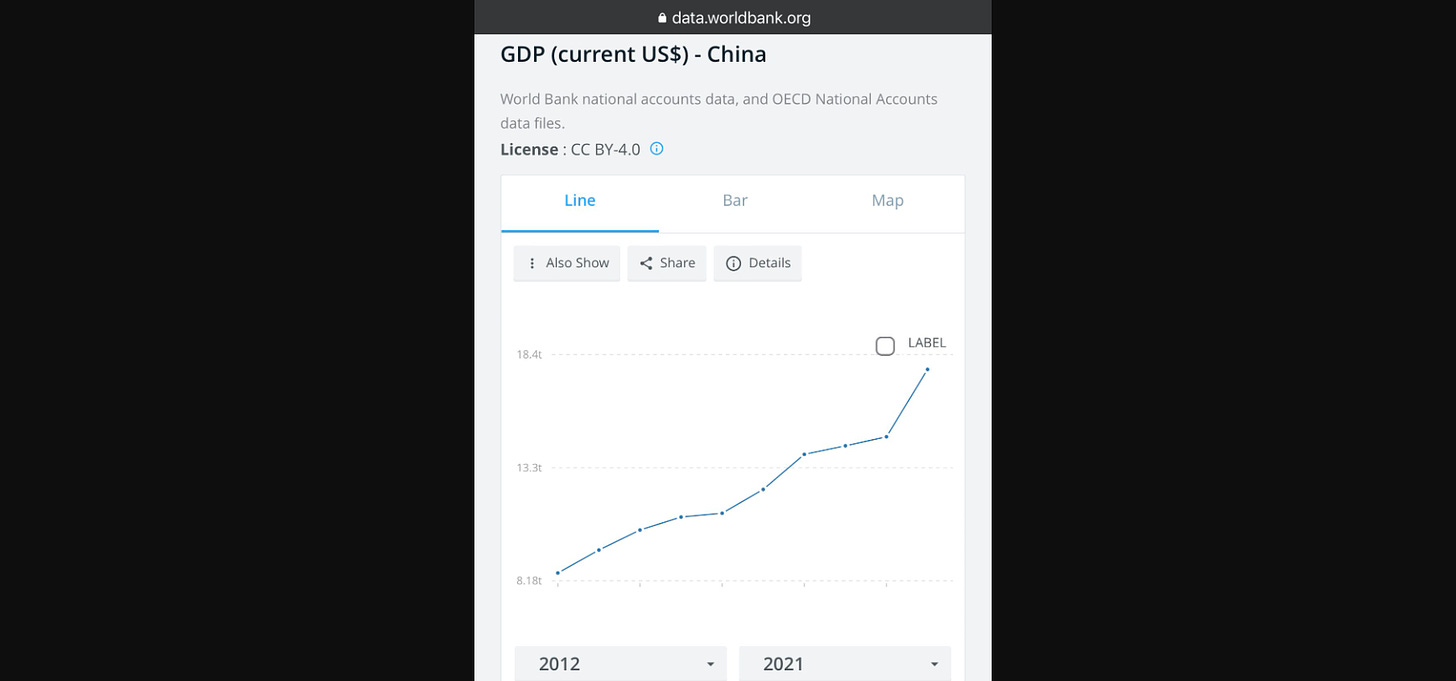 In 2014, China surpassed the US as the world’s largest economy when measured in purchasing power parity (PPP).
In 2014, China surpassed the US as the world’s largest economy when measured in purchasing power parity (PPP).
Still a Manufacturing Powerhouse
China’s manufacturing also kept growing in three ways:
-
Total output in value
-
Share of global output (22% in 2012 to 30% in 2021)
-
Moving up the value chain (becoming more high-tech)
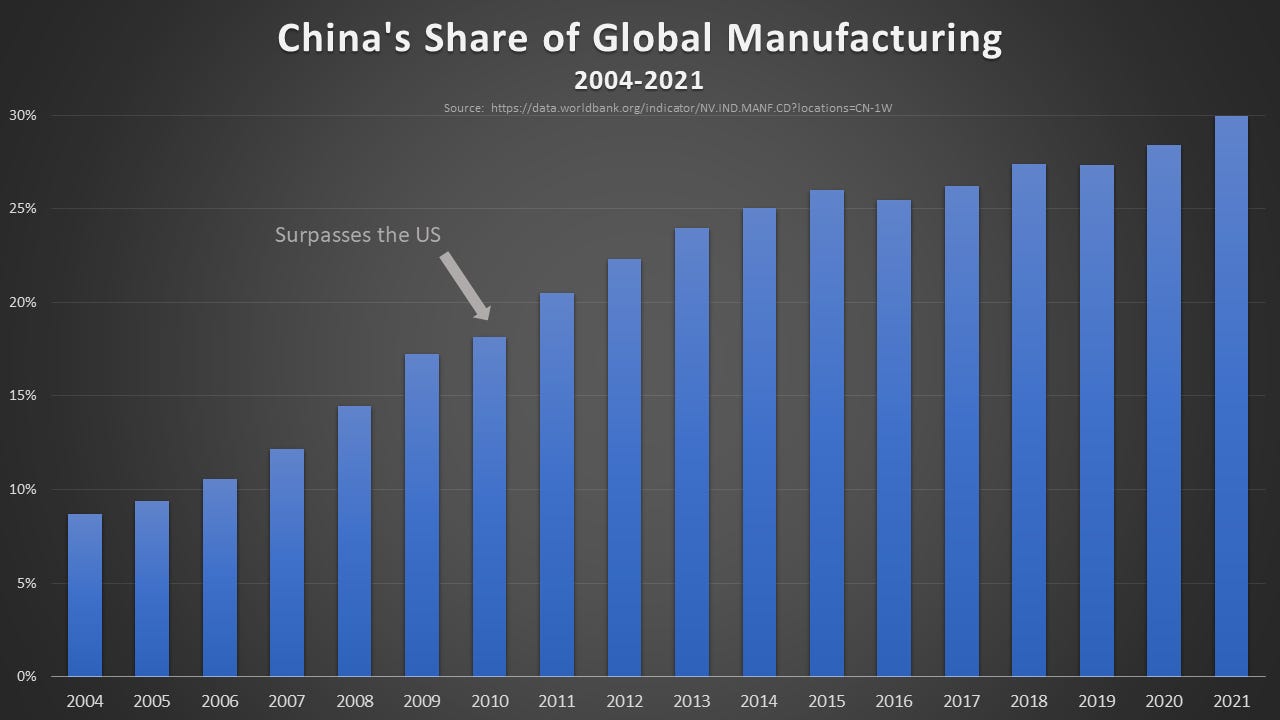 This was quite a feat especially considering two factors:
This was quite a feat especially considering two factors:
-
Rise in China’s wages (which is now 4x to 10x higher than other developing nations)
-
US trade wars
China is also still the world’s largest trading nation. China’s combined imports and exports will be around $6 trillion in 2022.
China’s Extraordinary Rise in High-tech Industries
In 2012, China had very little presence in smartphones, solar panels, electric cars, semiconductor design, telecom etc. By 2022, China had become #1 in so many of these crucial sectors. China now accounts for more than 50% of global sales and manufacturing of smartphones and electric cars; 70% of solar panels; 75% of 5G stations worldwide and so on.
China also surpassed the US in international patents in 2019; and has overtaken the US in publication of top scientific papers, including in artificial intelligence (AI).
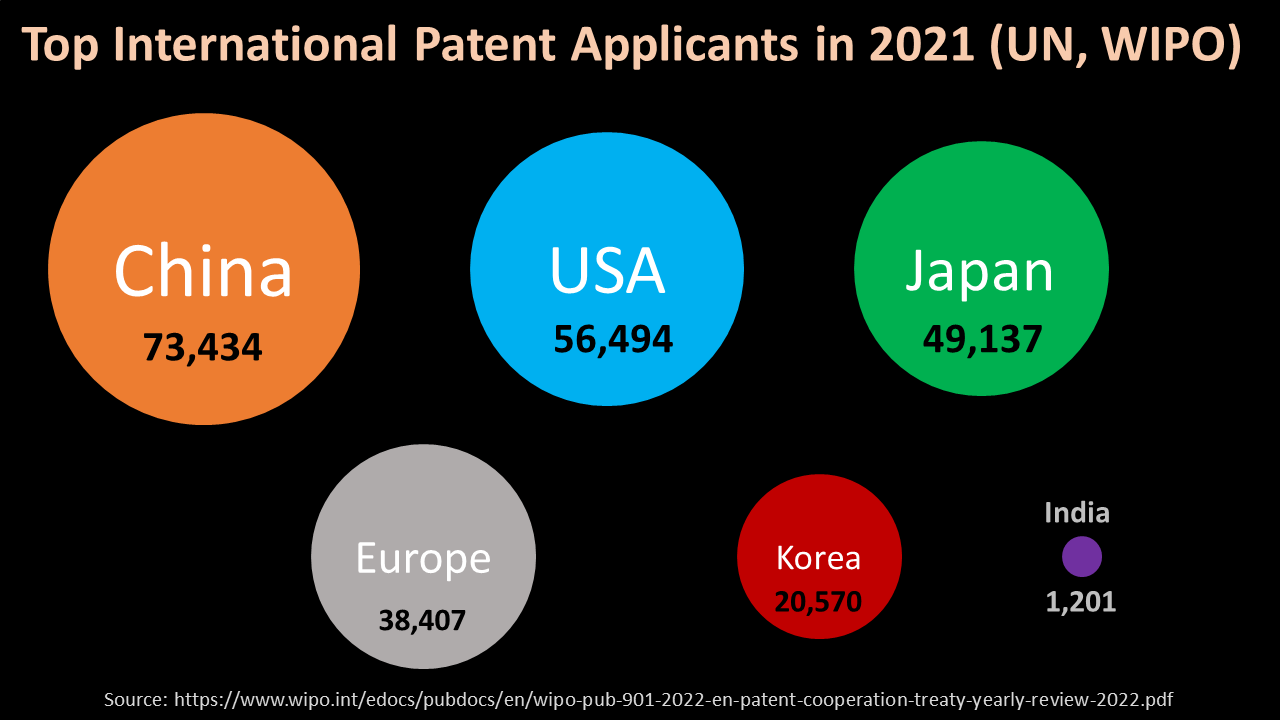 China #1 in WIPO patents. The US was #1 from 1978 until 2018
China #1 in WIPO patents. The US was #1 from 1978 until 2018
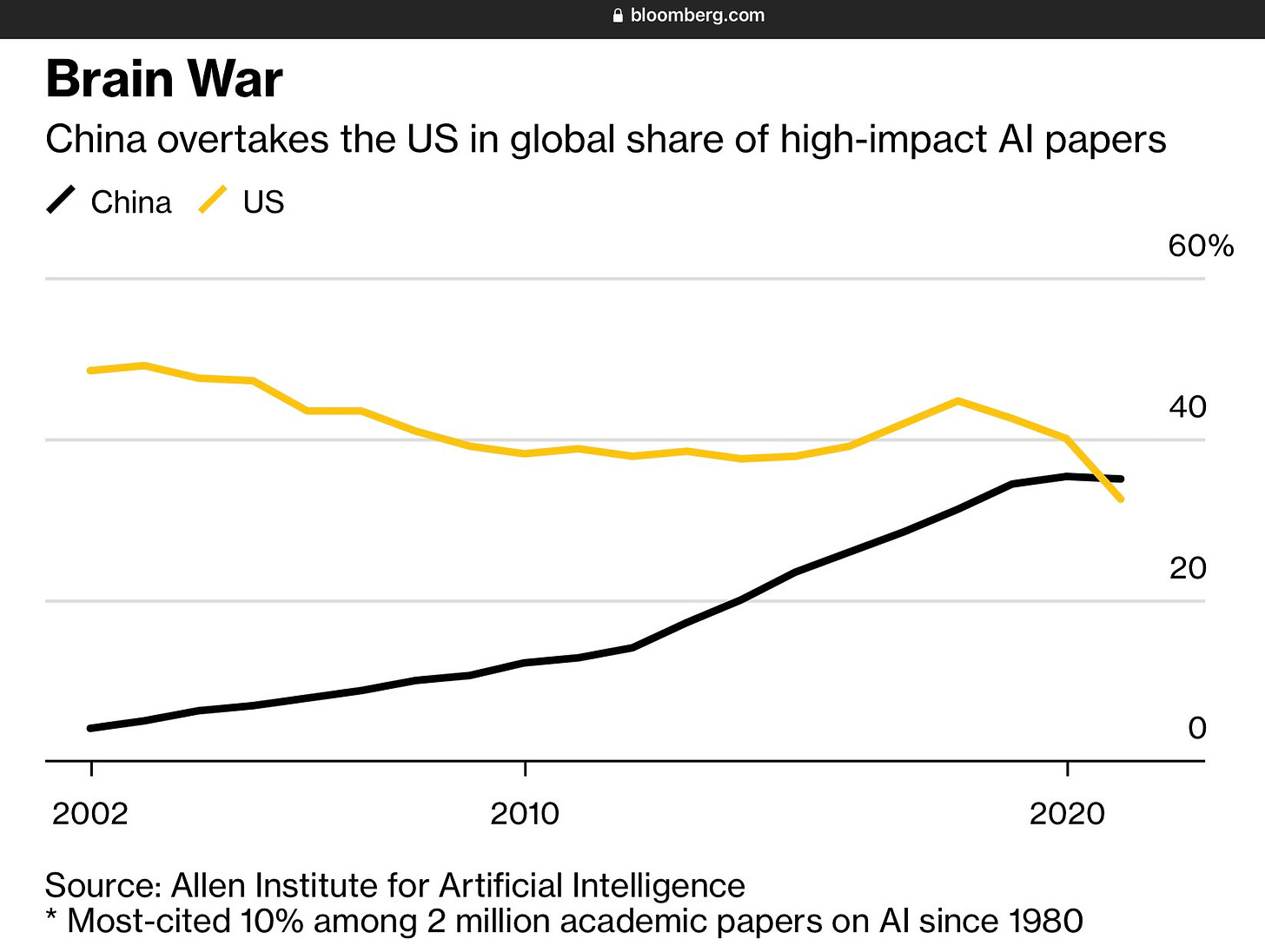 China surpasses the US in quantity and quality of AI papers
China surpasses the US in quantity and quality of AI papers
In fact, China is so successful that the US has placed ruthless sanctions on 500+ Chinese tech companies and is now going after the entire semiconductor field. While China is unable to manufacture high-end semiconductor chips, Chinese companies were (are?) designing the world’s leading-edge chips. For example, if it were not for the sanctions, Huawei would have eaten Apple for lunch.
China also embraced digital transformation over the last decade. The value of mobile payments, for example, has grown from $1 trillion in 2012 to staggering $75 trillion in 2021. Regarding automation, China now buys more industrial robots than the rest of the world combined! A decade ago, China’s e-commerce market was smaller than that of the US; by 2021, China was 3x larger than the US!
In 2012, nobody around the world had heard of Xiaomi, Huawei, DJI, Alibaba, WeChat, TikTok, BYD etc. The biggest testimony to China’s success is the endless deluge of American hysteria, sanctions and trade wars over the last 5 years.
Poverty Alleviation
Xi Jinping completed the job of eliminating extreme poverty in China. 100 million people helped in the last decade. Socialism is not just a slogan but a reality.
Pollution Reduction
Thanks to enormous growth in China’s renewable energy and electric vehicles … plus other policies … Chinese cities like Beijing are remarkably different from ten years ago. Beijing ranks #335 in the list of the most polluted cities in the world in 2021. And the changes are obvious. (BTW, I have been to China and can vouch for this).
China is now the world's absolute leader in solar energy, wind power, hydropower, and EV.
International Relations
When Xi Jinping announced the New Silk Road, the West yawned and laughed. Now, 149 countries have joined the #BRI and the projects are worth more than $4 trillion. Huuuge success. China truly became a global power.
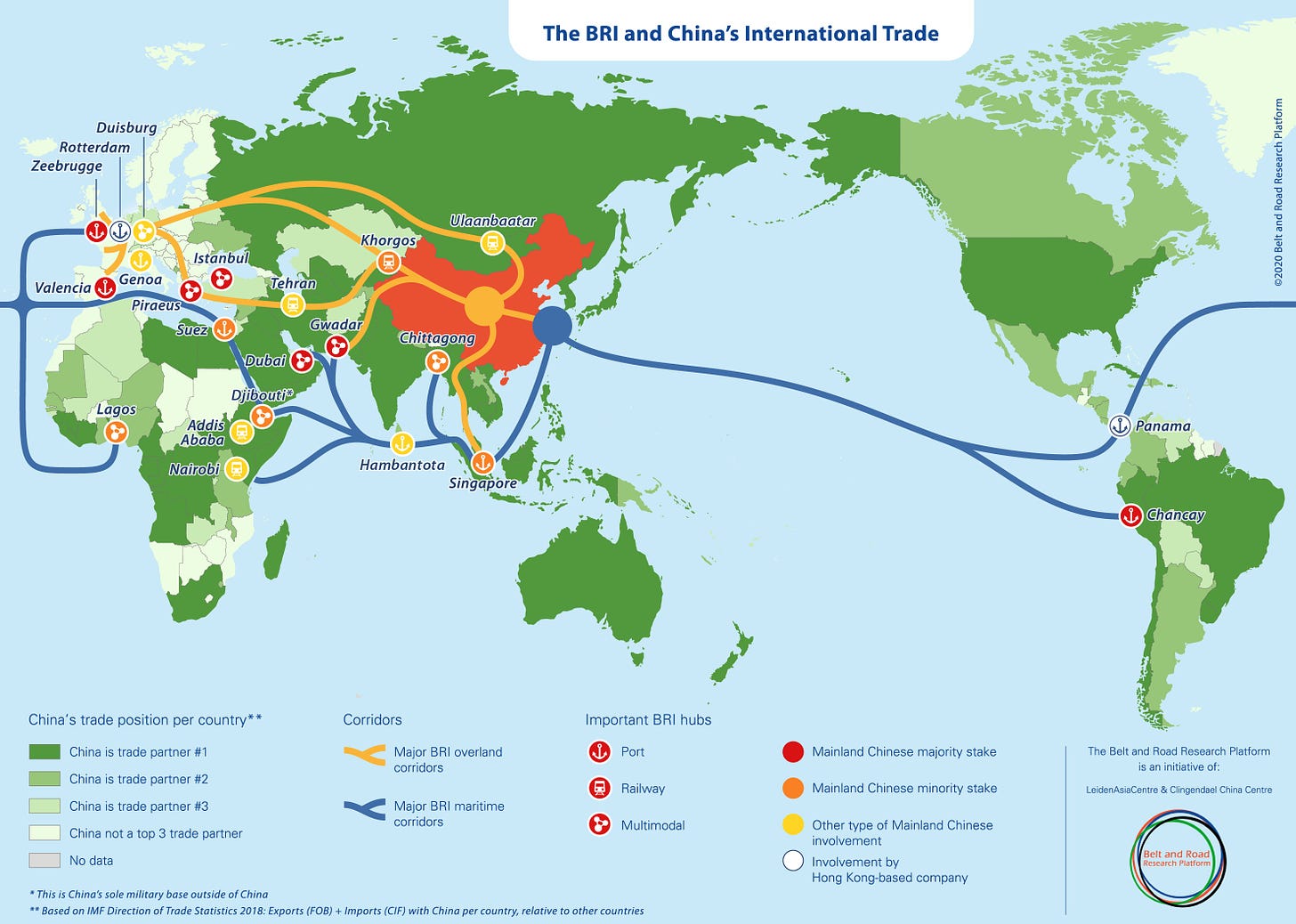 Resolving Hong Kong and Xinjiang
Resolving Hong Kong and Xinjiang
America’s sinister color revolution and dangerous destabilisation efforts were thwarted. One can argue whether they were handled in the best way possible, but peace has been restored. Now China can move on.
Transportation
Look at the stunning growth in high-speed rail and world-class subway systems in China over the last decade. China now has 170,000 km of expressways (more than the US and Europe combined), 40,000+ km of bullet trains, world’s largest metro system and so on!
Advancement in Space
In the last decade, China has started building its own space station (after the US kicked China out of the international system).
Chinese rockets went to Mars and placed a rover. China was the first one to land on the dark side of the moon — accomplished through a complex strategy. In another trip to the moon, China managed to bring rocks back to earth. And China launched BeiDou satellites for navigation (Chinese GPS) — very important for sovereignty.
China’s General Enrollment Ratio (GER) doubled from 29% to 58% in the last decade. Now there are 44 million college students in a given year! China also leads the world in STEM graduates. And 240 million Chinese people have college degrees!
Other Achievements
Then you could add fighting corruption, increasing food and energy security, emphasizing common prosperity and so on. China’s military has also made spectacular progress. It now has hypersonic missiles, anti-aircraft missiles, latest fighter jets etc., which provide strong defense and national security.
Failures
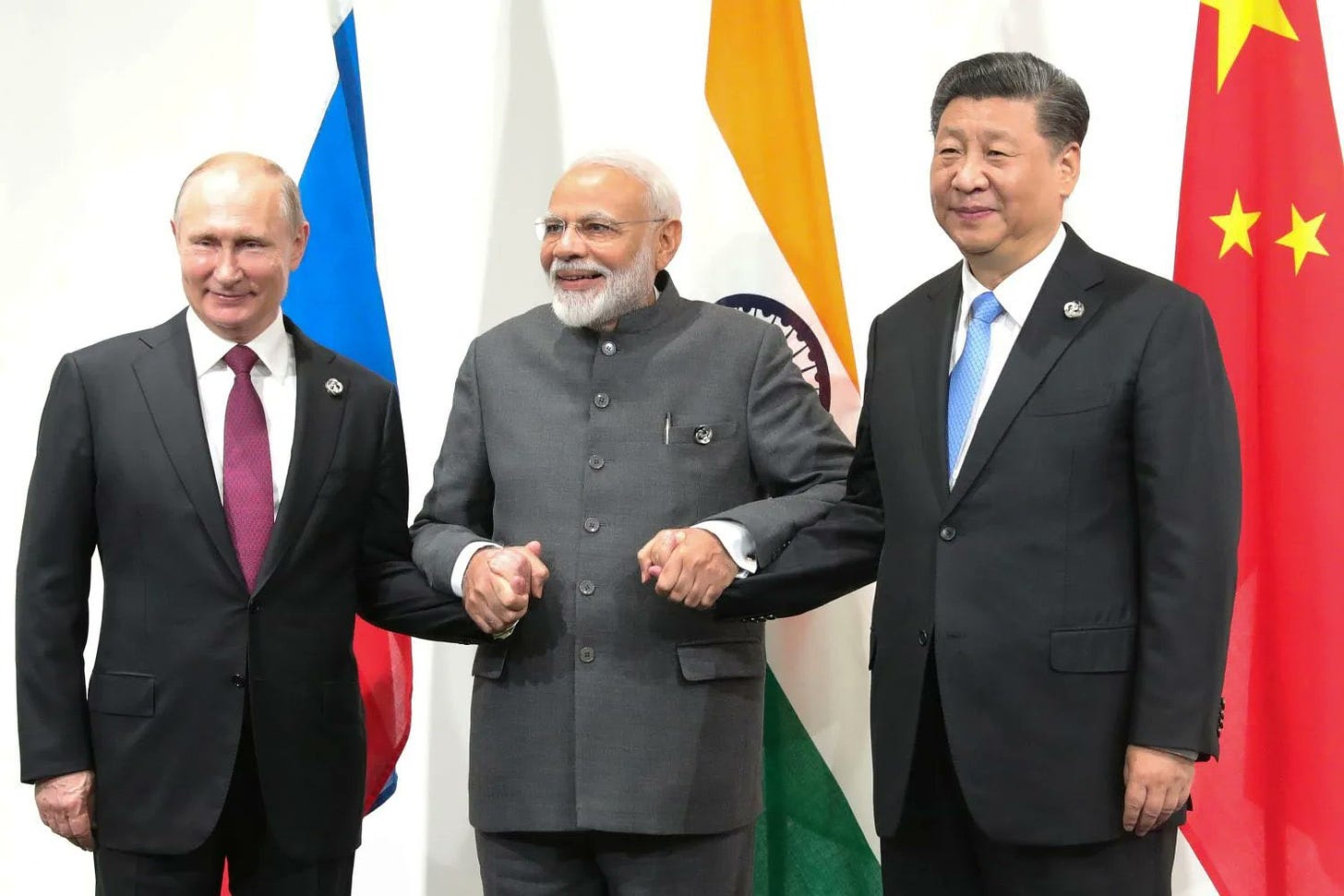 Of course, nobody has a perfect record. Xi Jinping’s biggest mistakes could be the following:
Of course, nobody has a perfect record. Xi Jinping’s biggest mistakes could be the following:
-
Not reducing debt (especially the local governments’ debt and the so-called shadow banking system).
-
Not controlling the housing bubble. (Although, his team started warning about corporate debts in 2016, and eventually introduced new rules to curb the out-of-control real estate market in 2020).
-
Going overboard in controlling large internet companies like Alibaba and Didi. Perhaps this was a smart thing to do — only time will tell.
-
Getting into border fights with India over barren mountains (which could have been avoided by better patrol strategies). Hopefully, India and China can reduce tensions and explore more ways to cooperate with one another.
Conclusion
However, judging Xi Jinping by global standards, he has done an amazing job! The next 5-10 years, however, will be the most challenging and dangerous years for China in a century. The geopolitical struggle will be intense and the American Empire will be ruthless in its attempt to contain and derail China. Let’s see how Xi performs.
By the way, one good thing about the Chinese system is that the leadership gives specific short-term and long-term goals. Here’s what China plans to accomplish by 2035:




